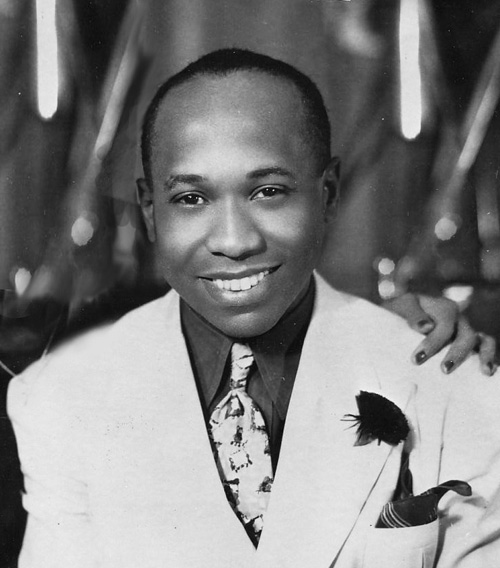Luis Russell was the leader of one of the first big bands. This orchestra could compete with almost all its rivals during 1929-1931. His time in the spotlight was short and Russell went into obscurity right as big band era took root. In his native Panama, Russell learned guitar, violin, piano, and other instruments. He won 3,000 dollars in the lottery and moved to America with his sister and mother. There he started a career as a New Orleans pianist. Russell was a pianist in King Oliver’s band when he moved to Chicago in 1925 to join Doc Cook’s Orchestra. After Oliver moved to New York, he was there with him. He then started his own band at The Nest Club in 1927. In 1926, Russell recorded seven songs as a leader with his Hot Six or Heebie Jeebie Stompers. His ten-piece band, which included many former Oliver sidemen, had four major soloists: Red Allen, J.C. Higginbotham and Charlie Holmes. Bill Coleman, the other trumpeter, was forced to leave due to a lack of solo space. Russell, a decent, but not very distinctive, pianist, was also part of one the best rhythm sections of that era, along with Pops Foster, guitarist Will Johnson, and Paul Barbarin, drummer. Luis Russell’s band recorded several sides over the next few years that, thanks to his arrangements, combined the drive and solos of New Orleans jazz with the riffs u0026 ensembles of swing. Some of these performances are now considered classics. Louis Armstrong’s early recordings with his orchestra were also supported by the band. After a few commercial sides in 1931 Luis Russell was unable to record his band again until 1934, when Louis Armstrong took over the entire operation. The nucleus of Russell’s orchestra was primarily used as background music for the great trumpeter/vocalist. This role robbed the orchestra of its identity and importance for eight years. Russell led a band that played at the Savoy, made some obscure Apollo recordings, and then disbanded. Before he died of cancer in 1963 at the age of 53, Russell spent the last 15 years mostly outside of music. He ran a candy shop, then a toy shop. Most of Russell’s recordings from his early days have been released on CD by European labels. Allmusic
